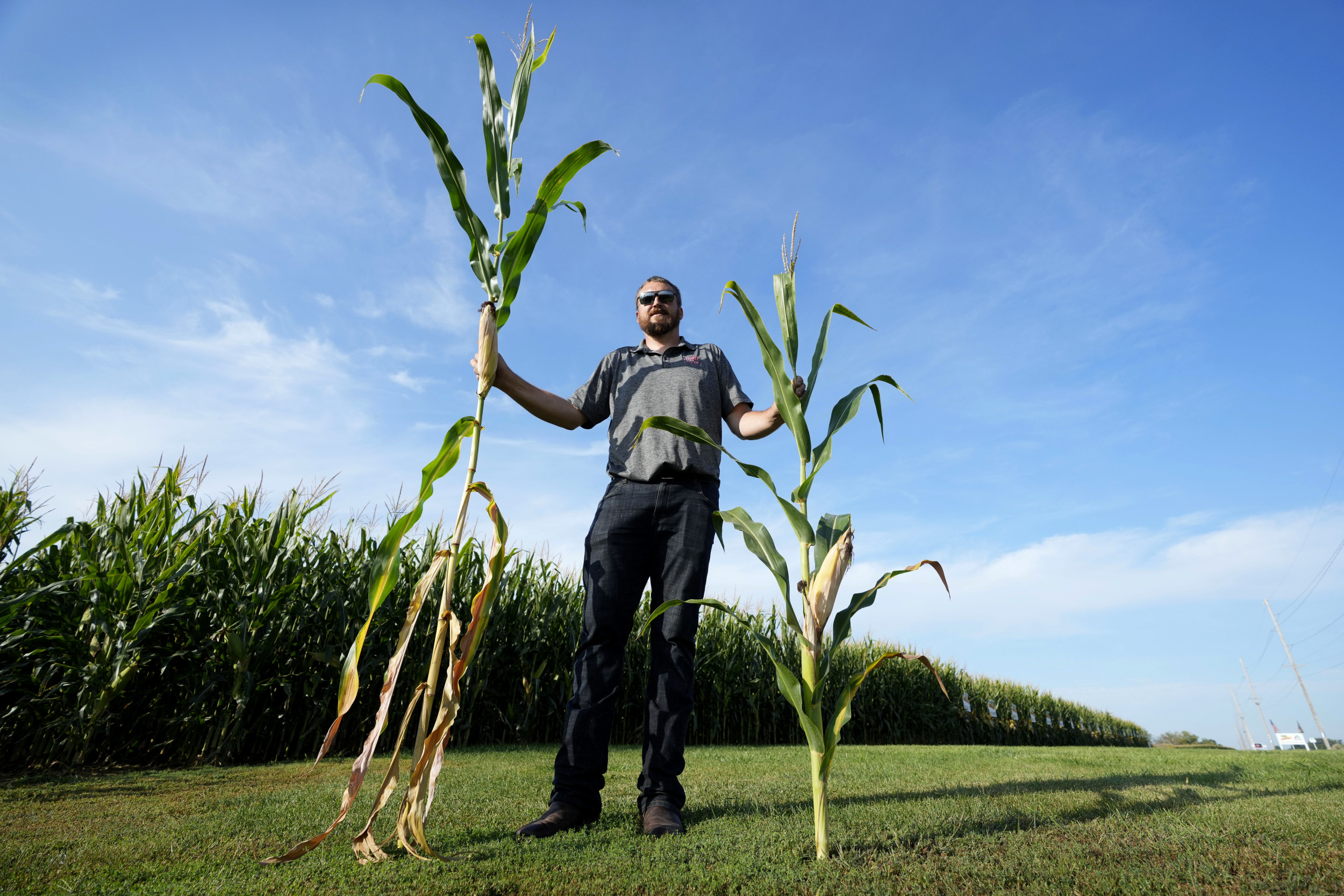🎙️ Voice is AI-generated. Inconsistencies may occur.
Kanye West, the American rapper known as Ye, has been blocked from entering Australia following his release of a song widely considered to glorify the Nazi leader Adolf Hitler.
The Context
The song, titled "Heil Hitler," was widely condemned upon its release in May and banned from many platforms. The song's release coincided with the 80th anniversary of Victory in Europe Day, which marks the end of World War II.
Hitler, the dictator who led Nazi Germany from 1933 until his suicide in 1945, was central in carrying out the genocide of 6 million Jews. Millions of other victims killed during the Holocaust include Black people, Jehovah's Witnesses and disabled people.
West has a significant and well-documented history of hate speech, particularly against Jewish people.

What To Know
Home Affairs Minister Tony Burke said during an interview with the Australian Broadcasting Corporation that his department had canceled West's visa.
Burke said that West had been "coming to Australia for a long time" and had made "a lot of offensive comments."
Bianca Censori, West's wife, is Australian.
"My officials looked at it again once he released the Heil Hitler song," Burke said. "He no longer has a valid visa in Australia."
In an email shared with Newsweek, a spokesperson for Australia's Department of Home Affairs said the department did not comment on individual cases but that "the Australian Government is committed to protecting the Australian community from the risk of harm posed by noncitizens who engage in criminal conduct or behavior of concern."
"Heil Hitler" is banned on streaming platforms such as Spotify and SoundCloud. However, it remains available on X, which Tesla CEO Elon Musk bought in October 2022.
In February, West shared a series of antisemitic remarks on X. He also praised Hitler and described himself as a Nazi.
In 2022, West drew mass condemnation for his repeated antisemitic remarks. He was subsequently dropped by Adidas, Balenciaga, Vogue and the talent agency CAA, and he lost his billionaire status overnight.
Australia has denied entry to multiple individuals over the years, citing concerns over character, criminality and hate speech.
In 2024, Burke rejected Candace Owens' visa application, blocking her from entering Australia. He said at the time, "From downplaying the impact of the Holocaust with comments about [Nazi doctor Josef Mengele] through to claims that Muslims started slavery, Candace Owens has the capacity to incite discord in almost every direction."
Political commentator Milo Yiannopoulos was also banned from Australia in 2019 after he made comments regarding a terror attack in Christchurch, New Zealand. Immigration Minister David Coleman said at the time that Yiannopoulos' comments were "appalling and foment hatred and division."
What People Are Saying
A spokesperson for Australia's Department of Home Affairs told Newsweek by email: "The Australian Government will continue to act decisively to protect the community from the risk of harm posed by individuals who choose to engage in criminal activity or behavior of concern, including visa cancellation or refusal where appropriate.
"Noncitizens who do not comply with their visa conditions, or who may pose a risk to the health and safety of the Australian community, can expect to have their visas considered for cancellation."
Home Affairs Minister Tony Burke told the Australian Broadcasting Corporation: "We have enough problems in this country already without deliberately importing bigotry."
What Happens Next
It's unclear whether the ban is permanent.
Update 7/3/25, 3:23 a.m. ET: This article has been updated with a comment from the Australian Department of Home Affairs.
fairness meter
About the writer
Marni Rose McFall is a Newsweek reporter based in London, U.K. Her focus is on internet trends, U.S. politics and ... Read more



